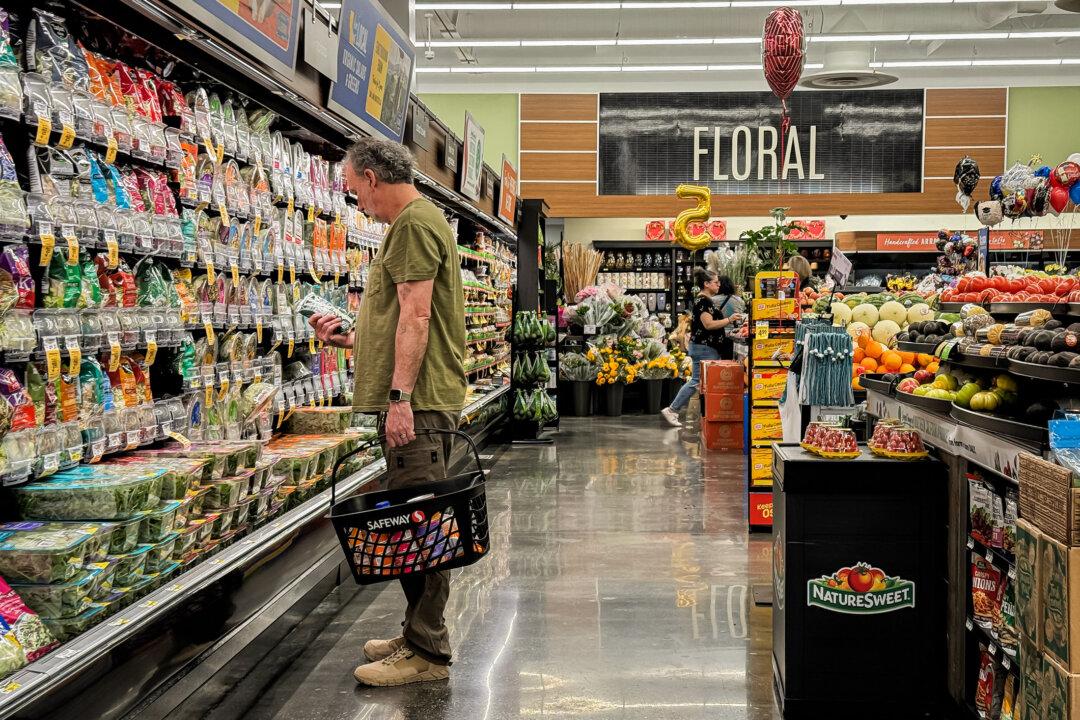A new Gallup poll reveals that more than half of Americans feel worse off financially than they did four years ago.
The survey, released on Oct. 18, found that 52 percent of U.S. adults believe their financial situation has deteriorated since 2020, while 39 percent feel they are better off.





